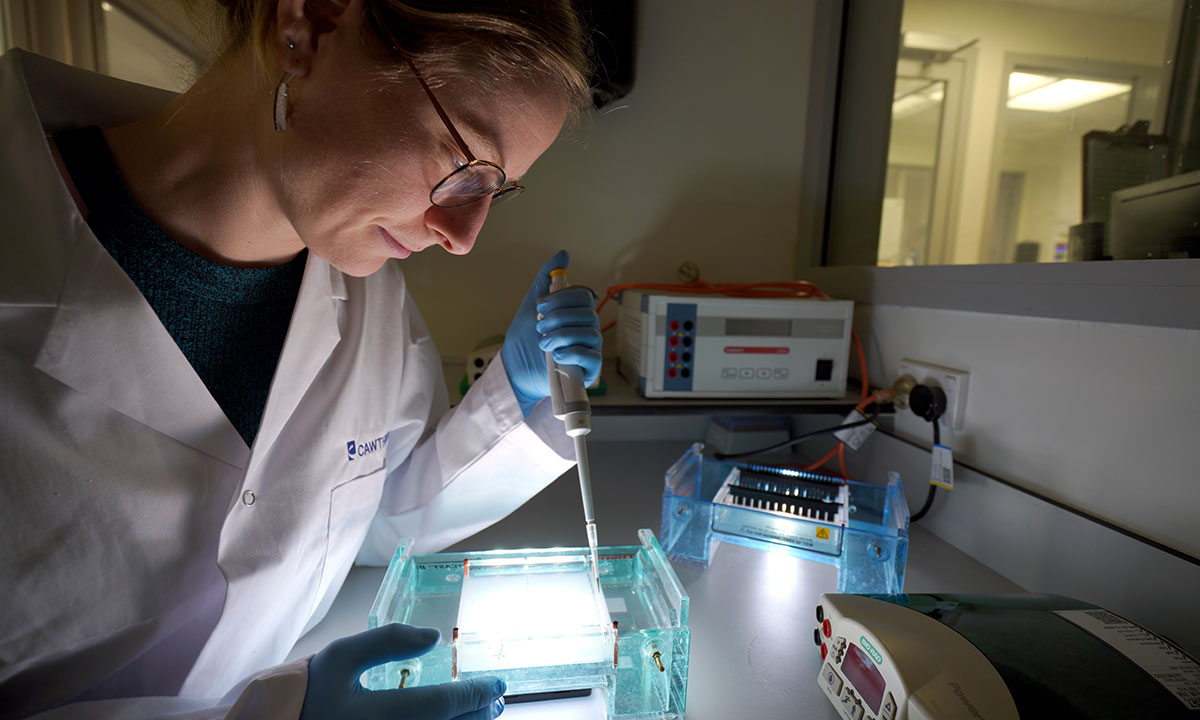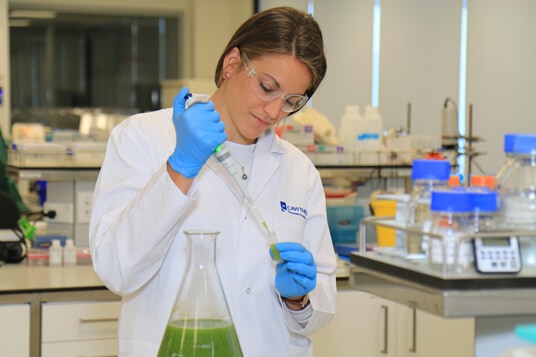Cawthron scientists awarded Marsden Fund grants to reveal hidden ecological stories
07 November 2025
Two researchers at Cawthron Institute have been awarded prestigious Marsden Fund Fast-Start grants by Royal Society Te Apārangi, recognising their groundbreaking work to understand how aquatic ecosystems evolve, adapt, and recover.
Dr Laura Biessy and her collaborators will investigate how naturally occurring toxins influence predator–prey relationships in Aotearoa’s marine environment. Her project, An evolutionary arms race: understanding the costs and benefits of toxin accumulation in kaimoana, explores whether pipi use the potent neurotoxin tetrodotoxin (TTX) as a defence against snapper. By combining behavioural experiments, genomics, and mātauranga Māori partnerships, the research will shed new light on how chemical defences shape evolution and what this means for the health, reproduction and resilience of taonga species.
Biessy said the project offers a rare chance to explore the unseen dynamics beneath the surface of our coasts.
“Our oceans are full of extraordinary relationships we don’t yet understand,” she said. “By studying how toxins influence behaviour, reproduction and adaptation, we can better protect kaimoana for future generations.”
Dr Georgia Thomson-Laing’s project, The ecological legacy of extinction in freshwater ecosystems, uses cutting-edge environmental DNA (eDNA) analysis to uncover how the extinction of the native grayling (upokororo) reshaped Aotearoa’s freshwater systems. By analysing DNA preserved in lake sediments, Thomson-Laing (and associate investigator Dr Finnbar Lee) will aim to reconstruct ecological change over the past 150 years and reveal how the loss of this unique fish altered food webs, biodiversity, and ecosystem function.
“I’m fascinated by what ancient DNA can tell us about lost species and the legacies they leave behind,” Thomson-Laing said.
“Understanding these hidden histories helps us set more realistic goals for freshwater restoration—and reminds us that every species plays a vital role in ecosystem balance.”
Cawthron Institute Contracts and Investment Manager Robert Matheson said the two projects exemplify the curiosity, rigour, and environmental purpose at the core of Cawthron’s mission-driven research.
“Our science is focused on tackling some of the big challenges of our time, including the intertwined challenges of climate change, biodiversity loss, and food insecurity,” he said.
“Georgia and Laura’s work advances that purpose by deepening understanding of how ecosystems function and respond to change, and this knowledge that underpins our efforts to deliver science that supports healthier ecosystems, a prosperous blue economy, and thriving communities.”
Together, the two Marsden-funded projects will contribute to Cawthron’s long-term impact pathways of protecting and enhancing aquatic environments and securing safe and sustainable food, building the knowledge needed to ensure Aotearoa New Zealand’s ecosystems, species, and people can flourish in a changing world.

Image: Cawthron Institute. Dr Georgia Thomson-Laing.

Image: Cawthron Institute. Dr Laura Biessy.
